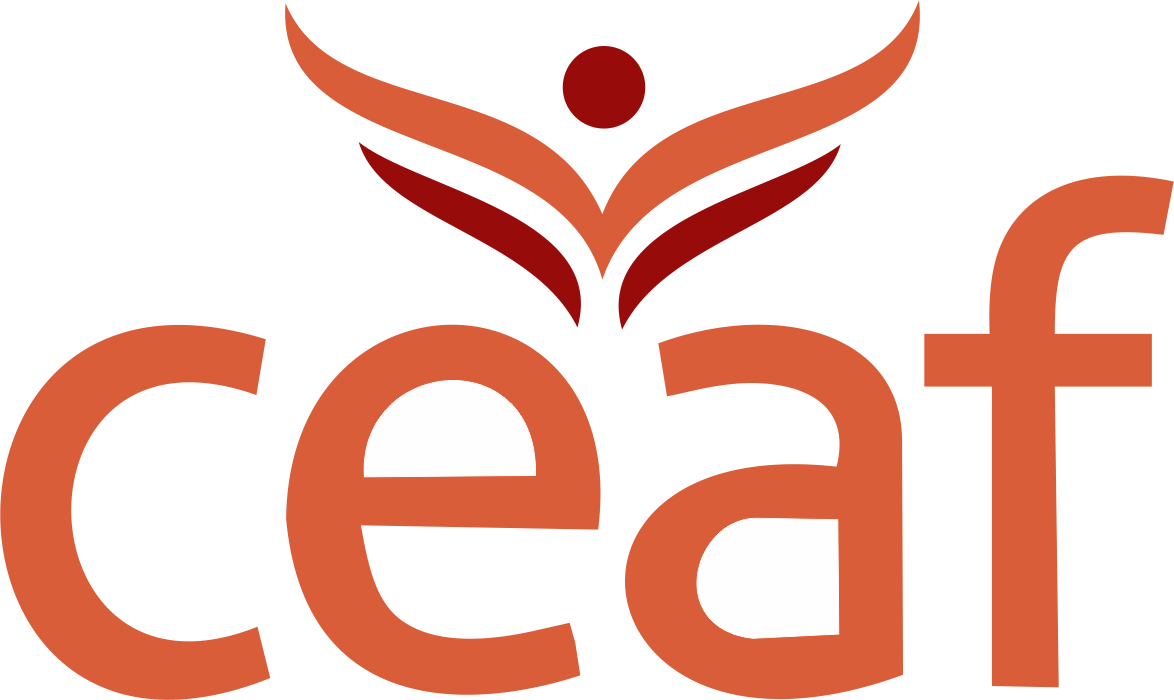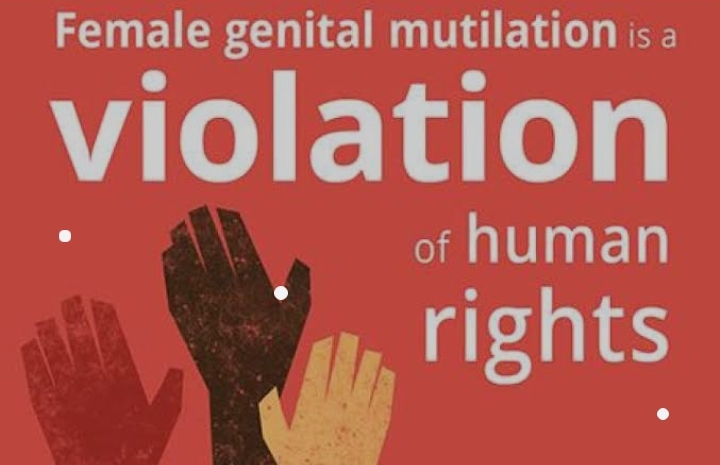FGM prevention calls for a multifaceted strategy that includes community involvement, education, legal action, and public awareness. We need to concentrate on:
Education and Awareness: Communities can change attitudes and perceptions by being aware of the psychological and physical harm that FGM causes as well as its lack of medical advantages.
Legislation: FGM can be discouraged and offenders can be held accountable by enacting and upholding laws that specifically criminalise the practise.
Healthcare Workers: Teaching medical staff to detect and report FGM incidents can aid in finding and supporting victims.
Community Engagement: Getting important people, religious leaders, and community leaders involved can help change attitudes and cultural norms about FGM.
Alternative Rites of Passage: Supporting initiation rituals without cutting can assist in upholding cultural traditions without harming people.
Media and Communication: Using media campaigns to raise awareness and encourage conversations about the detrimental impacts of FGM on television, radio, and social media.
International Cooperation: Coordinating efforts on a worldwide scale to combat FGM, exchange best practises, and aid initiatives in nations where it is a problem.
Economic Empowerment: Increasing the economic and educational options available to women and girls might help shift attitudes and lessen the frequency of FGM.
Support for Survivors: In order to help FGM survivors heal and seek justice, it is essential to offer them psychological, physical, and legal support.
statistics collection: Accurate and current statistics on the prevalence of FGM are necessary to monitor progress and properly design treatments.
Keep in mind that cultural practises are ingrained deeply and that transformation takes time. It’s crucial to tackle this matter with consideration for the impacted communities and respect while promoting the rights and welfare of women and girls.

